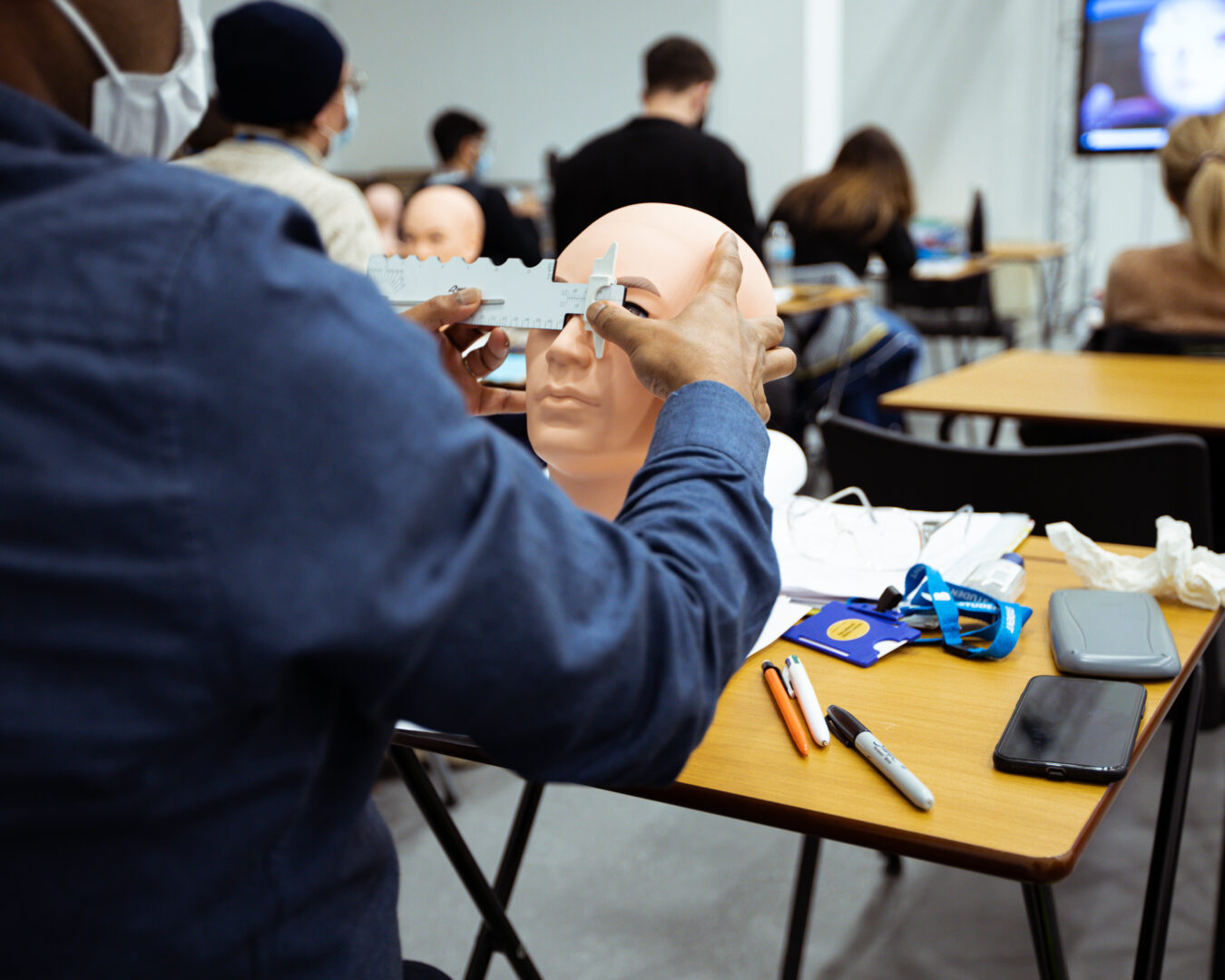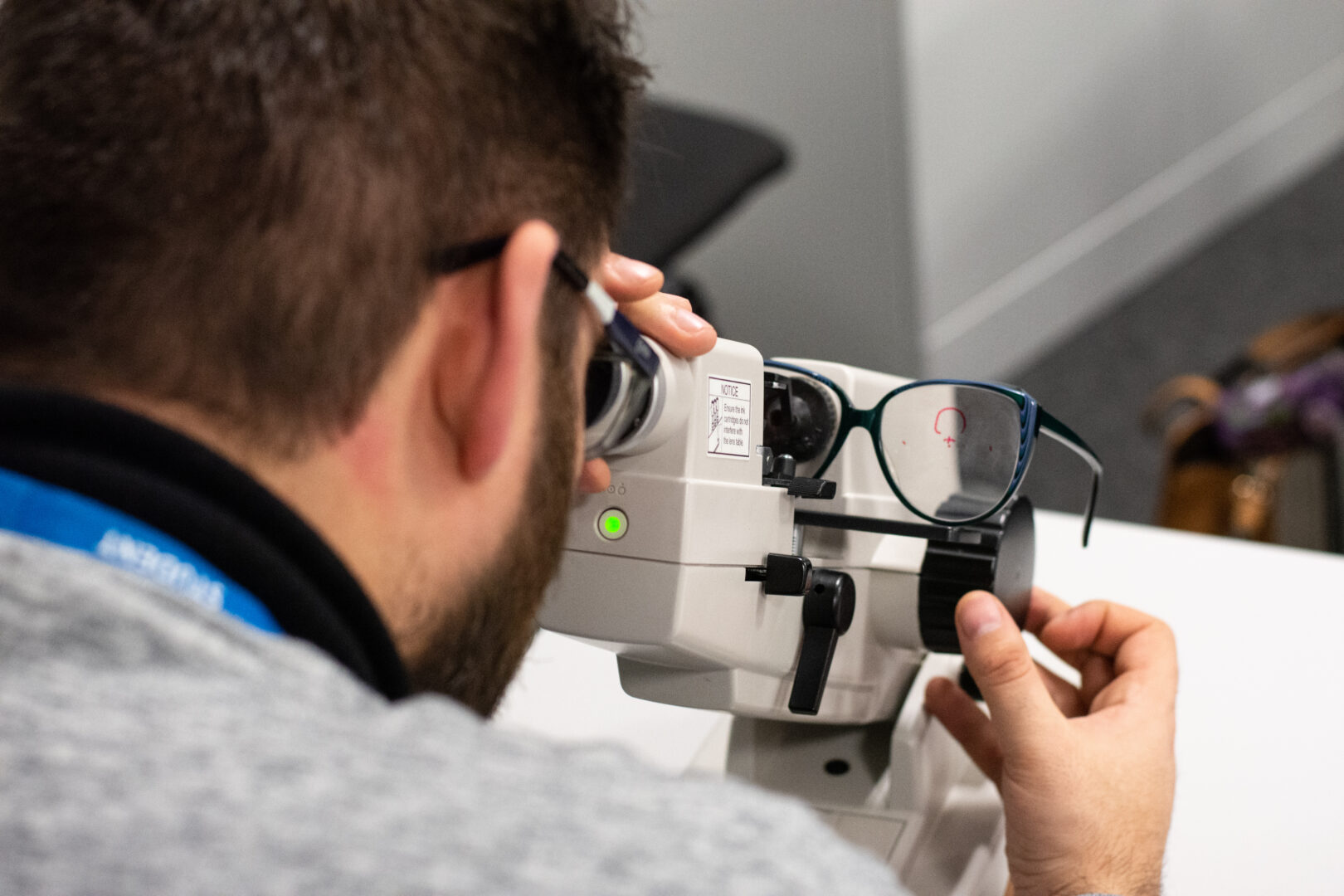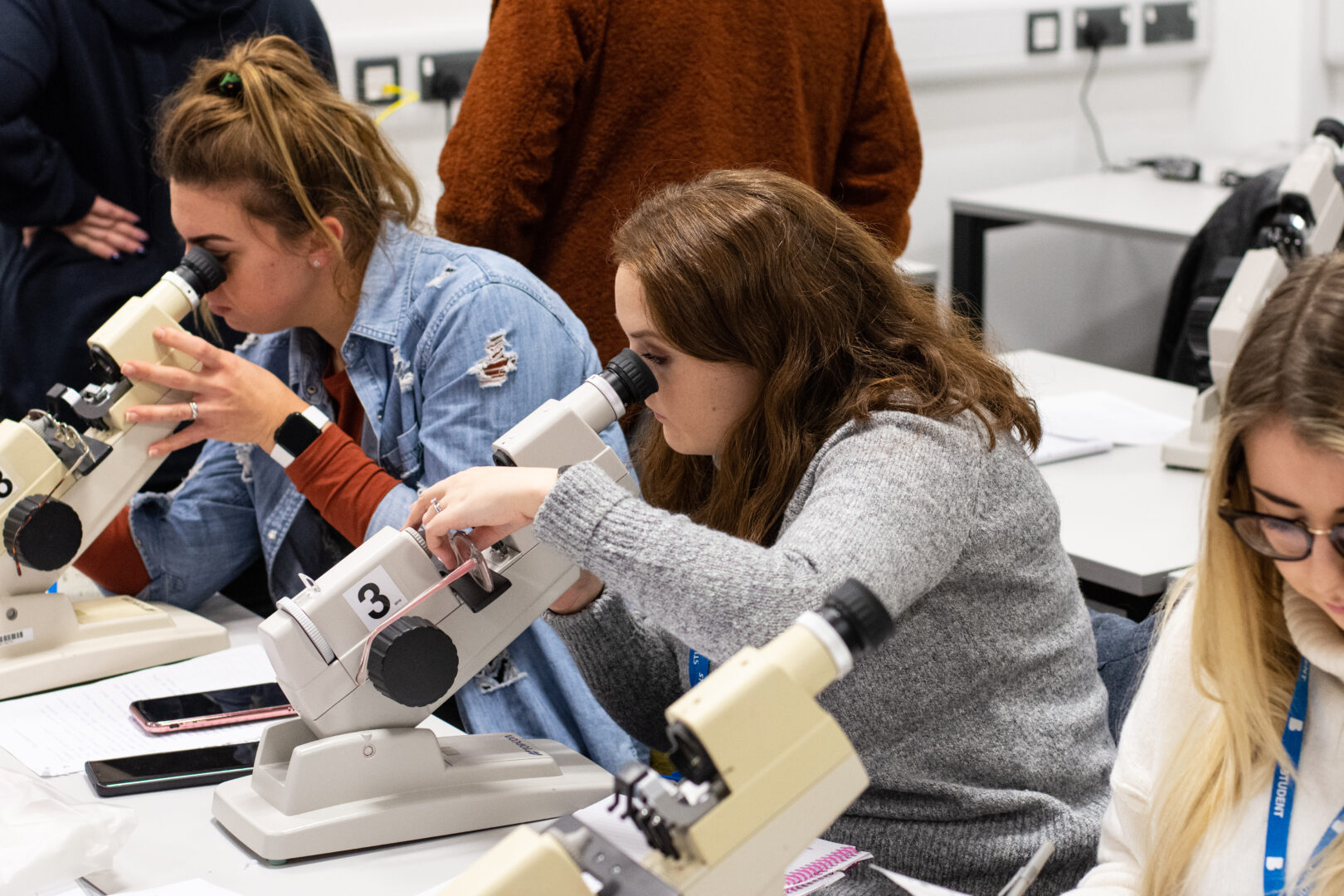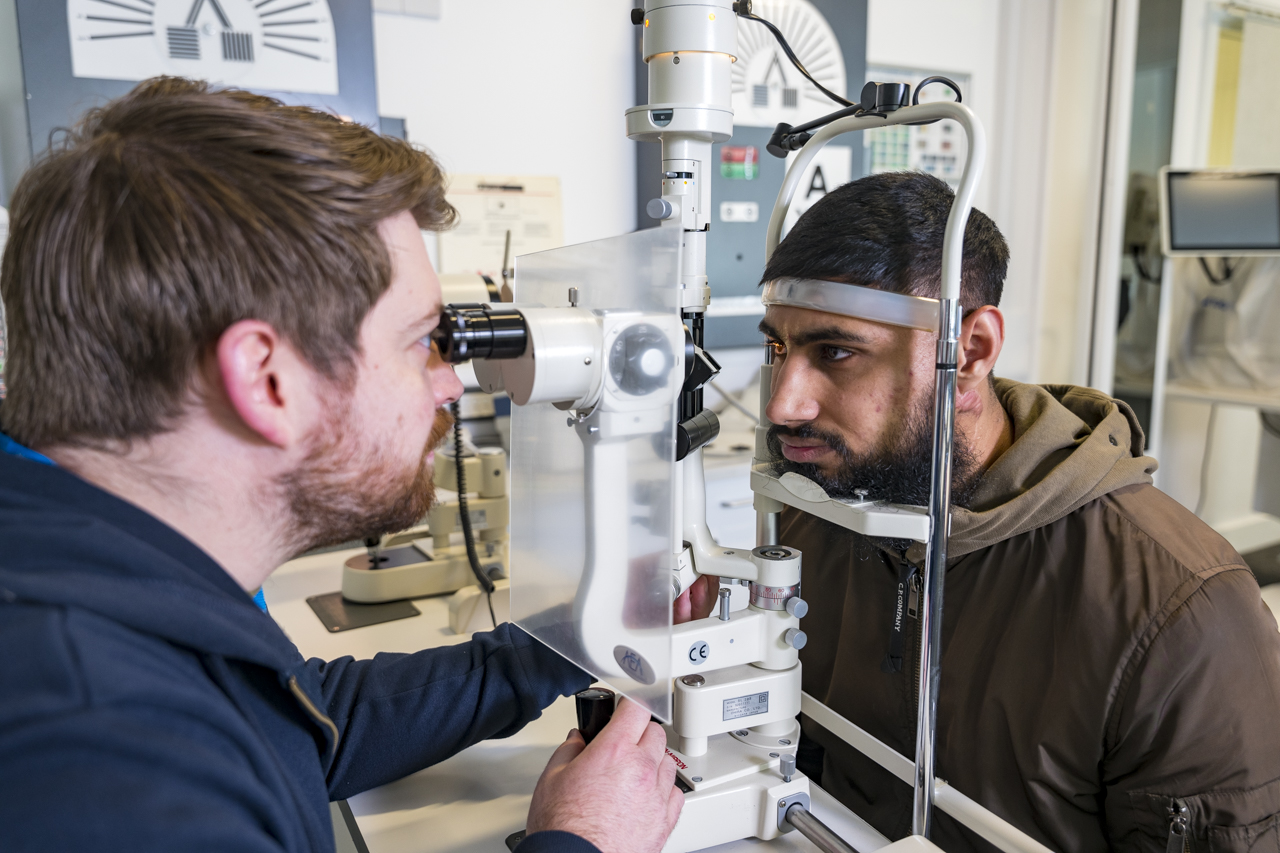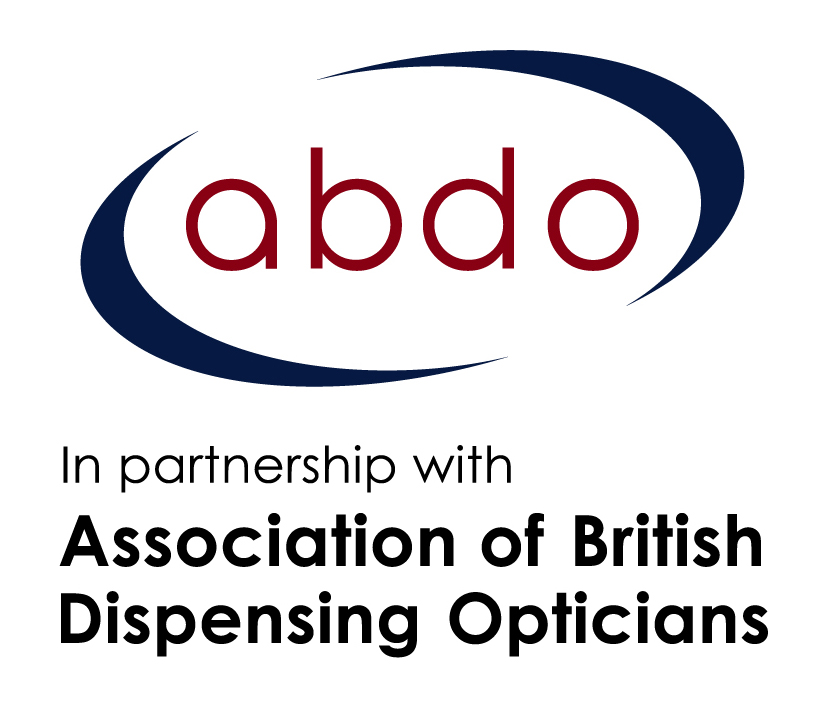BSc (Hons) Ophthalmic Dispensing
BSc (Hons) Ophthalmic Dispensing
Level 6
University
3 years
September 2024
Full-time
Advanced Technology Centre
Overview
The full-time Bachelor of Science Degree in Ophthalmic Dispensing is aimed at those who wish to work towards becoming a fully qualified and registered Dispensing Optician whilst achieving a Level 6 qualification. The BSc (Hons) in Ophthalmic Dispensing will provide you with the skills to achieve Fellowship of the Association of British Dispensing Opticians and become a General Optical Council Registered Dispensing Optician.
During this course you will study up to Level 6 and receive a BSc (Hons) in Ophthalmic Dispensing on successful completion. In addition to your Bachelor’s degree, successful completion of your final qualifying exams, with the Association of British Dispensing Opticians, will allow you to use the suffix FBDO (Fellow of the Association of British Dispensing Opticians).
Successful completion of this programme and the practical PQE and FQE examinations will lead to the award of the General Optical Council (GOC) approved ABDO Level 6 Diploma in Ophthalmic Dispensing. The suffix ‘FBDO’ may then be used and an application for entry onto the GOC Register as a Dispensing Optician may be made.
Key Info
The course benefits from almost 80 years of combined academic experience of the staff team. All staff on the Ophthalmic Dispensing programme team are qualified Dispensing Opticians. In addition to this, members of the Ophthalmic Dispensing programme team are employed as ABDO external examiners of both theory and practical examinations and this experience of working with the Professional Body is reflected in the currency of the programme.
Speakers from ABDO and the GOC visit the College annually to provide the students with information about registration and membership. You will need to register with both the GOC and ABDO as a student registrant during the period of your study.
Teaching and learning methods include:
- Small group discussions
- Seminars, tutorials and practical sessions
- Group work
- Self-directed learning
- Independent and group projects
- Lectures
- VLE based exercises
- Presentations
- Workshops
Year 1:
- Theory of General Optics
- Practitioner Development
- Patient Centred Care
- Theory of Ophthalmic Lenses
- Ophthalmic Dispensing Practice
- Ocular Anatomy
- Prescription Analysis
Year 2:
- Clinical Patient Management
- Standards of Practice
- Management and Leadership
- Ocular Pathology
- Theory of Ophthalmic and Contemporary Dispensing
- Assessment of Refractive Errors
- Advanced Theory of Ophthalmic Lenses
Year 3:
- The Assessment and Management of Refractive Errors
- The Assessment and Management of Visual Impairment and Principles of Contact Lens Wear
- Research Project
- General Optical Council Outcomes
- Advanced Ophthalmic Dispensing Practice
- Ophthalmic Business and Retail
Entry to this course requires one of the following options:
- 64 UCAS tariff points from 2 A-Levels at grade 4 or C or above including one Science subject.
- 80 UCAS tariff points from a BTEC Extended Diploma – the equivalent of MMP
- 96 UCAS tariff points from a T-Level – the equivalent of a pass (A*-C)
You will also need 5 GCSEs at grade 4 or C including GCSE English, Maths and Science.
The College welcomes applications from those who do not meet these criteria but have experience in the subject area.
We also consider individual applicants who can demonstrate relevant learning, work/voluntary experience, using our Recognition of Prior Learning process.
Modules will be assessed by a range of methods including practical reports, written course work, presentations, written and verbal examinations. Assessed grades are subject to external moderation.
A range of methods are used to promote student learning including formative assessment, with feedback to students on graded work which provides guidance on improving future performance. Detailed feedback forms, oral feedback on coursework and examinations and advisory tutorials are all used.
Bradford College has excellent links with industry and students on the BSc (Hons) in Ophthalmic Dispensing will benefit from visiting lecturers on a regular basis. These include:
- Hoya UK Ltd Ophthalmic Lens Manufacturer
- Stepper UK Ltd Spectacle Manufacturer
- Coral Eyewear Spectacle Manufacturer
- Rodenstock Ophthalmic Lens Manufacturer
- Alcon Contact Lens manufacturer
As part of their studies, students will be offered the opportunity to visit an optical manufacturer to complete Case Record 51 – a compulsory part of their pre-registration period. This is organised by the College where students gain valuable experience in all aspects of lens manufacture and glazing.
Successful completion of the course means that you will be in a position to progress to:
- The role of a Dispensing Optician in a private practice, in the NHS or in a large multiple organisation
- A management position in an organisation
- Employment with lens and frame manufacturers
- Enhanced skills by studying the Contact Lens Certificate at Bradford College to train to become a Contact Lens Optician
- Enhanced skills by studying the Low Vision Honours course at Bradford College to train to become a Low Vision specialist
Many of our previous students have become:
- Practice Owners / Practice Directors
- Practice Managers,
- Account Managers
- Specialists in the field of Contact Lens fitting and Low Vision.
The BSc (Hons) in Ophthalmic Dispensing offers students the potential opportunity to go on to study Optometry.
Full-time: £9,000 per year. This includes all theoretical exams fees.
Additional Costs include: £55 Disclosure and Barring Service Check, £30 GOC registration fee per year, £100 ABDO registration fee per year, £20 City Rule, £70 Facial gauge.
In addition to this, there are 2 sets of professional examinations which need to be sat with the Association of British Dispensing Opticians in order for you to practice as a registered Dispensing Optician. This is representative of the most common fees scenario, but actual fees can vary depending on a number of factors. Please contact us if you need more guidance.
This is representative of the most common fees scenario, but actual fees can vary depending on a number of factors. Please contact us if you need more guidance.
Our Students Say
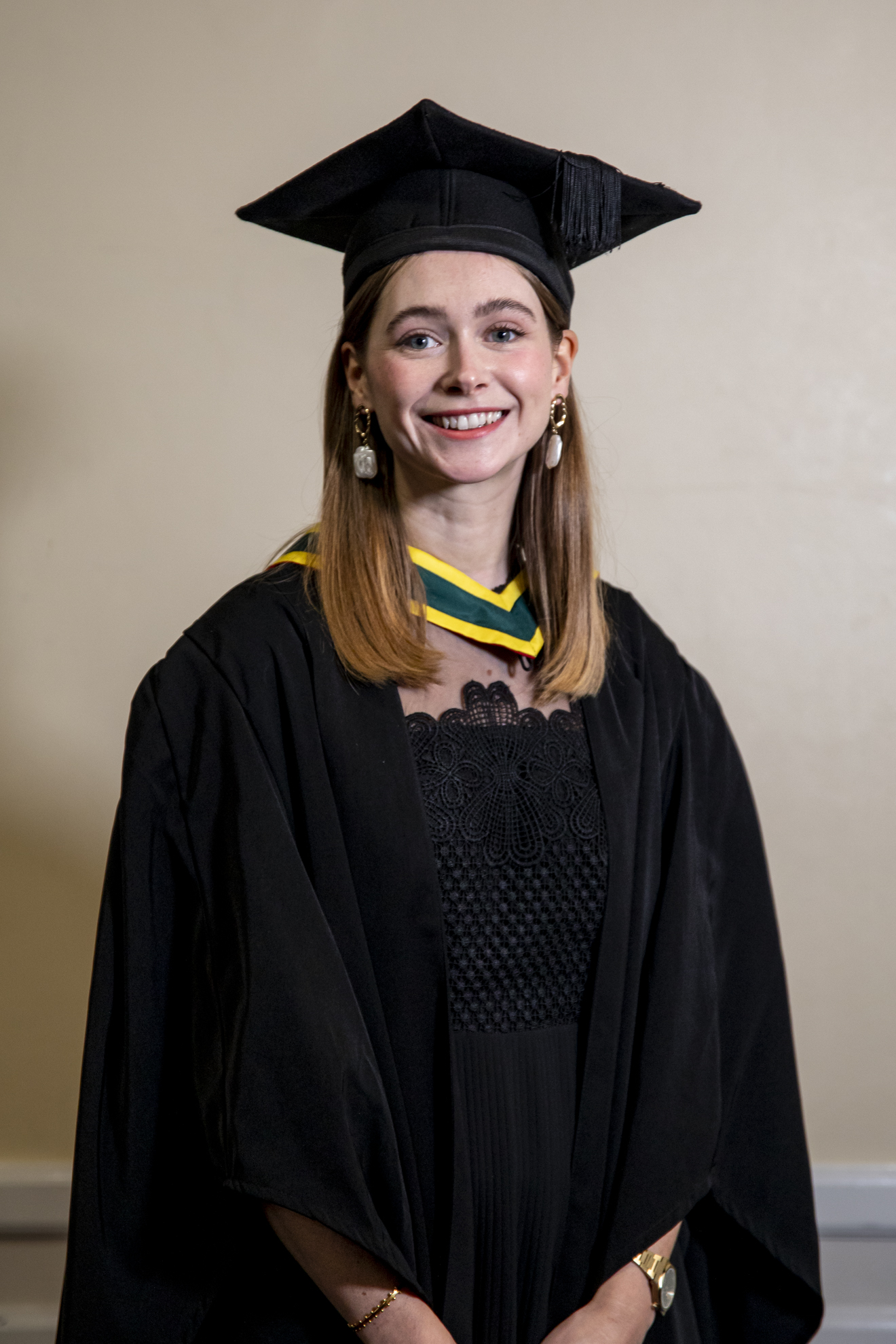
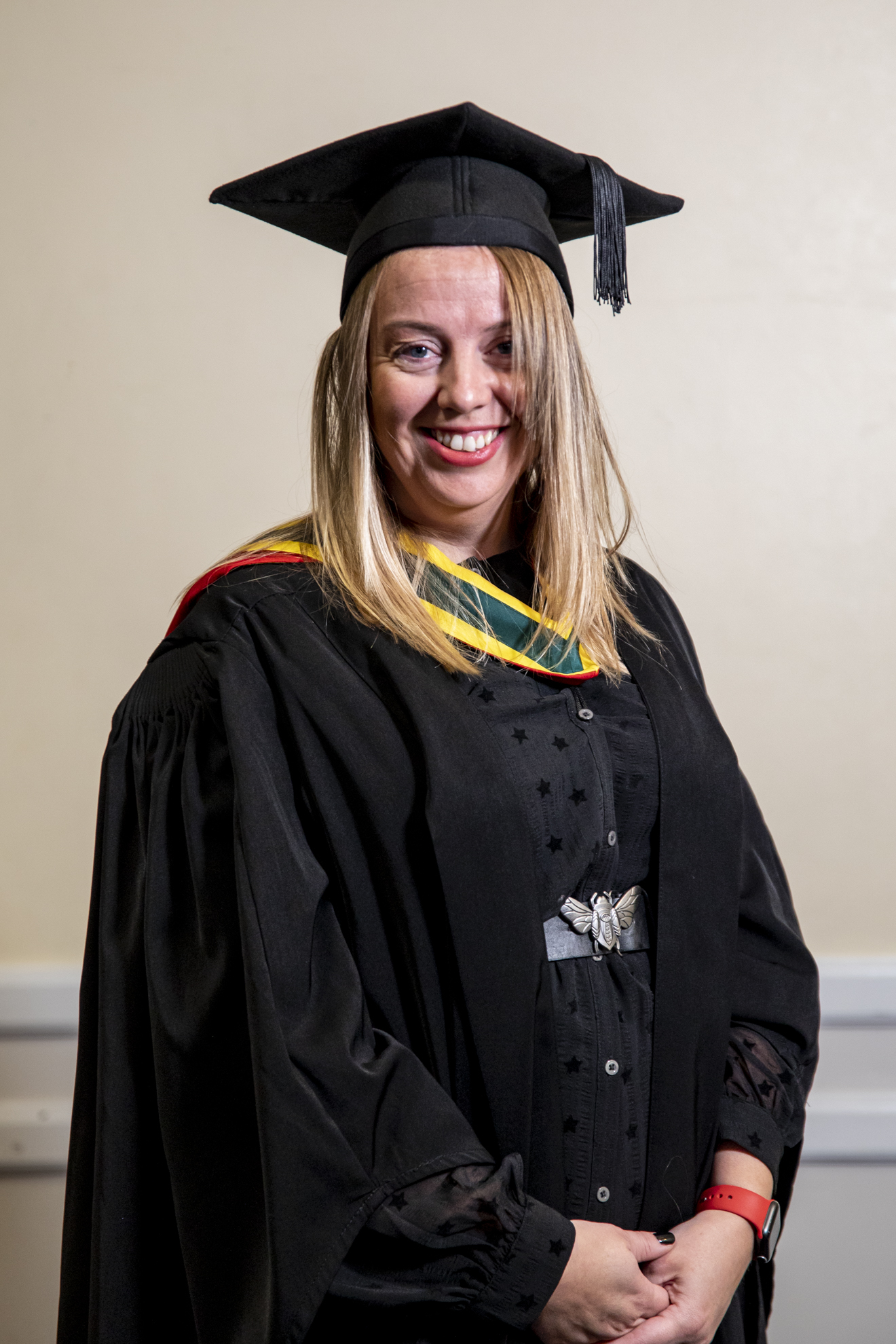

If you have any questions or require any additional information, please contact [email protected]
Disclaimer: Our prospectus, college documents and website are simply here to offer a guide. We accept no liability for any inaccurate statements and are not responsible for any negative outcomes if you rely on an inaccurate statement. We reserve the right to withdraw any programmes or service at any time.
